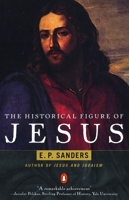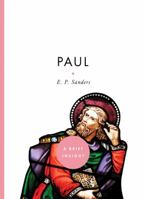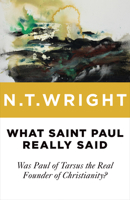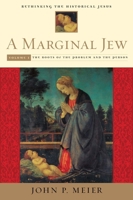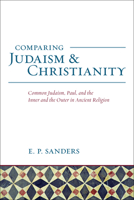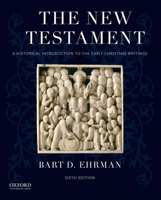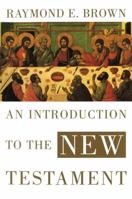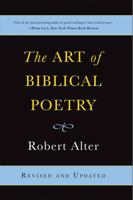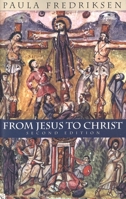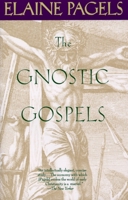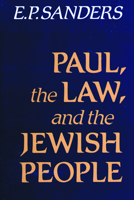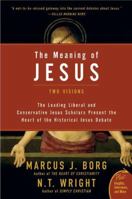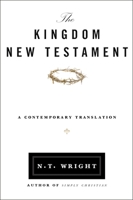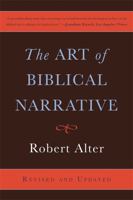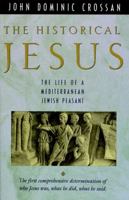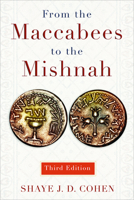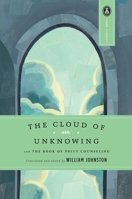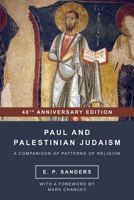Jesus and Judaism
Select Format
Select Condition 
You Might Also Enjoy
Book Overview
Customer Reviews
Rated 5 starsSuperb Model of How to Study the Bible
'Jesus and Judaism' by E. P. Sanders is a superb model for how to read Christian scriptures in the light of the world of Second Temple Judaism, without a lot of sociological baggage. Sanders is a pure historian, who is looking for how and why things really happened. There is little I can add to the other four current reviews, since I certainly agree entirely with their overall evaluation. My only modest suggestion may be that...
1Report
Rated 5 starsJust the facts, please
Sanders is more of a historian than a theologian. He is concerned to uncover the real, historical Jesus. He explains his methodology in some detail. That is a good place to begin, because it enables the reader to evaluate both Sanders' methodology and his sifting of the historical evidence.Sanders explicitly bases his reconstruction on the facts of Jesus' life, rather than Jesus' sayings. He is on the cynical end of N.T...
0Report
Rated 5 starsExcellent Book of Monumental Importance to Biblical Studies
The arguements of Sanders in this book have marked a decisive point in scholarship after which ignorance concering and derisive stereotyping of 1st century Palestinian Judaism juxtapose to Jesus and primitive Christianity is inexcusable. For this reason, texts written before Sander's work or texts that neglect his study seem to be outdated and obsolete. While some revolts in American scholarship have occurred since this...
0Report
Rated 5 starsQuality Biblical Scholarship
This book marks a critical point in the current trend of historical Jesus research. The basic layout uncovers a Jesus who was very much a practicing Jew of his time and within the culture of his people. Part of that culture included the expectation of a messiah who would redeem Israel from its current bondage under the Roman empire. Such an event or historical turning point is known as eschatology. Sanders argues that...
1Report
Rated 5 starsExcellent scholarly treatment of Jesus in historical context
This book provides a thorough review of Jesus scholarship in this century. Sanders then offers his own ideas. Sanders is a careful historian. He always provides facts to support his hypotheses. A refreshing contrast to the Jesus Seminar. This book is intentionally non-theological, i.e. ,it is NOT Christology nor does it advocate any dogmatic position. The casual reader will find it difficult. If you are not really...
1Report












